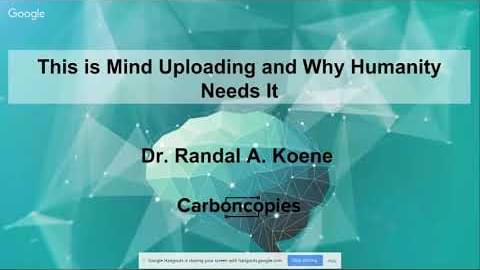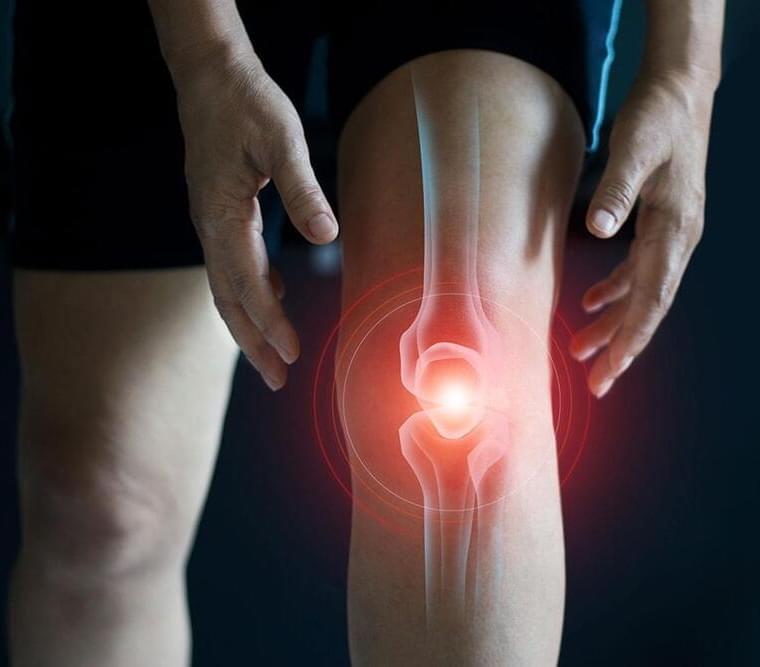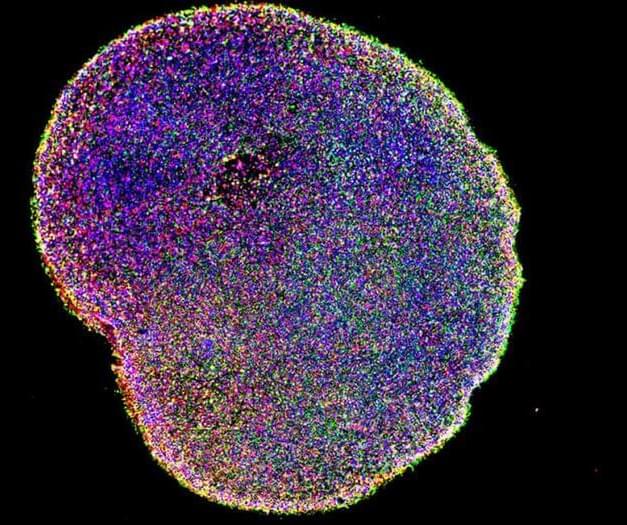Dec 28, 2023
Intermittent Fasting Seems to Result in Dynamic Changes to The Human Brain
Posted by Paul Battista in categories: biotech/medical, food, neuroscience
Scientists looking to tackle our ongoing obesity crisis have made an important discovery: Intermittent fasting leads to significant changes both in the gut and the brain, which may open up new options for maintaining a healthy weight.
Researchers from China studied 25 volunteers classed as obese over a period of 62 days, during which they took part in an intermittent energy restriction (IER) program – a regime that involves careful control of calorie intake and fasting on some days.
Not only did the participants in the study lose weight – 7.6 kilograms (16.8 pounds) or 7.8 percent of their body weight on average – there was also evidence of shifts in the activity of obesity-related regions of the brain, and in the make-up of gut bacteria.
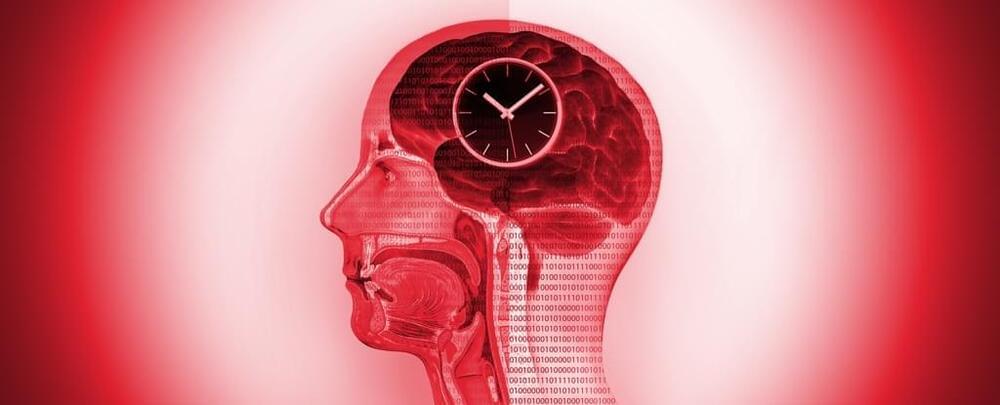

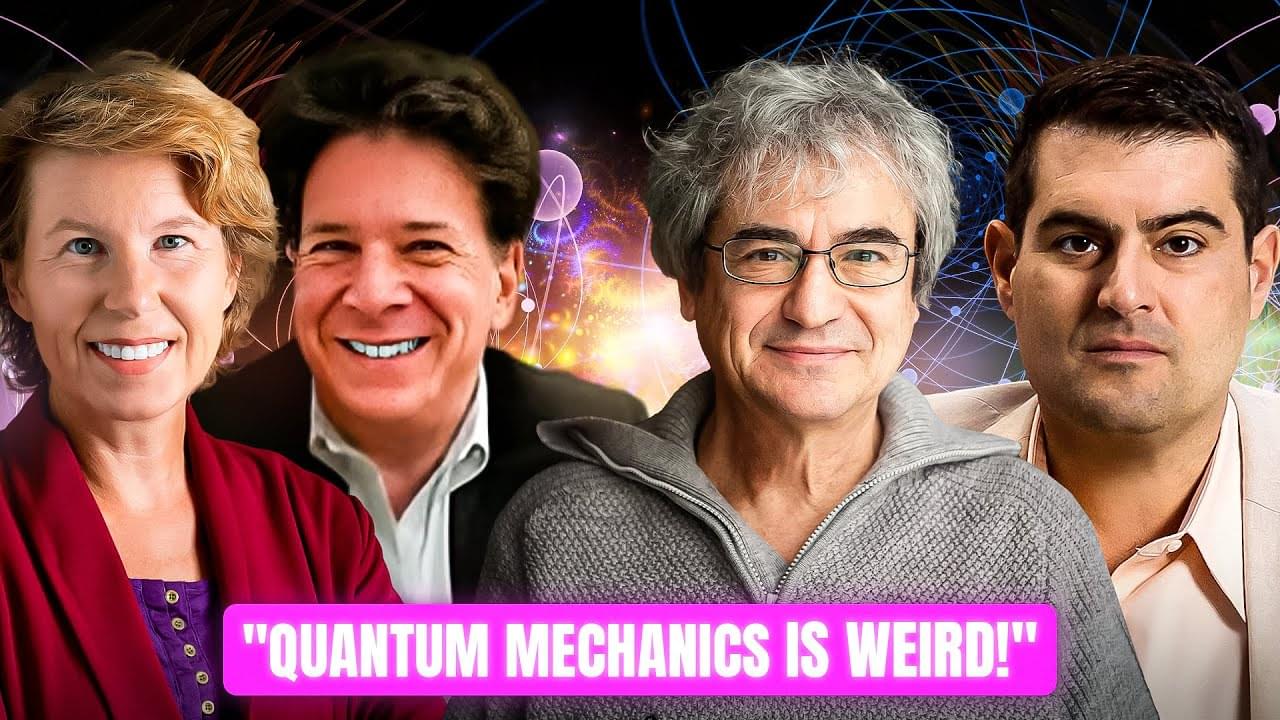

 A central challenge for systems neuroscience and artificial intelligence is to understand how cognitive behaviors arise from large, highly interconnected networks of neurons. Digital simulation is linking cognitive behavior to neural activity to bridge this gap in our understanding at great expense in time and electricity. A hybrid analog-digital approach, whereby slow analog circuits, operating in parallel, emulate graded integration of synaptic currents by dendrites while a fast digital bus, operating serially, emulates all-or-none transmission of action potentials by axons, may improve simulation efficacy. Due to the latter’s serial operation, this approach has not scaled beyond millions of synaptic connections (per bus). This limit was broken by following design principles the neocortex uses to minimize its wiring. The resulting hybrid analog-digital platform, Neurogrid, scales to billions of synaptic connections, between up to a million neurons, and simulates cortical models in real-time using a few watts of electricity. Here, we demonstrate that Neurogrid simulates cortical models spanning five levels of experimental investigation: biophysical, dendritic, neuronal, columnar, and area. Bridging these five levels with Neurogrid revealed a novel way active dendrites could mediate top-down attention.
A central challenge for systems neuroscience and artificial intelligence is to understand how cognitive behaviors arise from large, highly interconnected networks of neurons. Digital simulation is linking cognitive behavior to neural activity to bridge this gap in our understanding at great expense in time and electricity. A hybrid analog-digital approach, whereby slow analog circuits, operating in parallel, emulate graded integration of synaptic currents by dendrites while a fast digital bus, operating serially, emulates all-or-none transmission of action potentials by axons, may improve simulation efficacy. Due to the latter’s serial operation, this approach has not scaled beyond millions of synaptic connections (per bus). This limit was broken by following design principles the neocortex uses to minimize its wiring. The resulting hybrid analog-digital platform, Neurogrid, scales to billions of synaptic connections, between up to a million neurons, and simulates cortical models in real-time using a few watts of electricity. Here, we demonstrate that Neurogrid simulates cortical models spanning five levels of experimental investigation: biophysical, dendritic, neuronal, columnar, and area. Bridging these five levels with Neurogrid revealed a novel way active dendrites could mediate top-down attention.